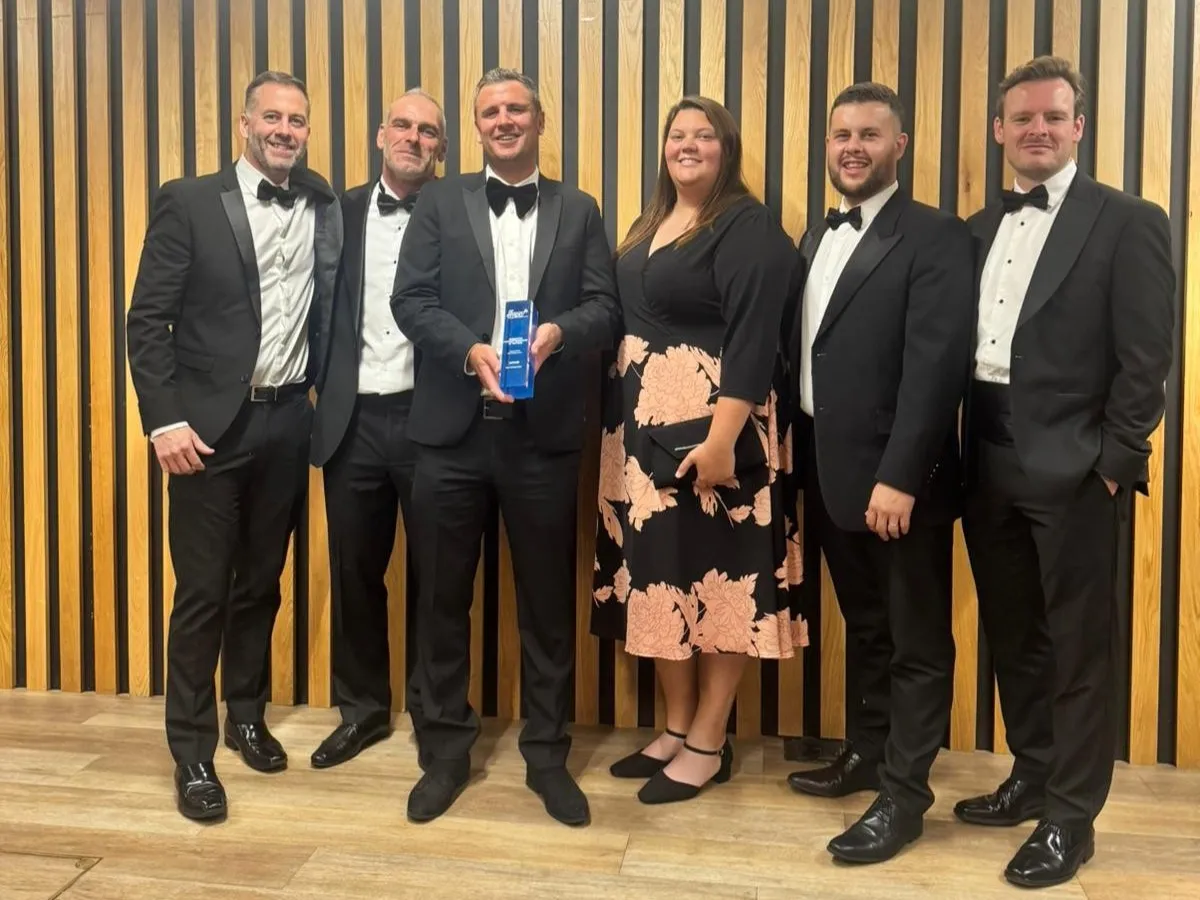By Last Updated
Copyright indiatimes

Raising venture capital money has been a breeze for Decagon AI Inc., a two-year-old startup developing artificial intelligence tools for customer service.All four of Decagon’s funding rounds, totaling more than $230 million, were preempted, meaning firms like Andreessen Horowitz offered to invest before the company started fundraising. Now, just three months after a round that valued it at $1.5 billion, Decagon is fielding unsolicited offers at valuations as high as $5 billion, according to people familiar with the matter.For Decagon and a few dozen other top AI startups, the fundraising script has flipped: Instead of pitching venture capitalists up and down Sand Hill Road, VCs are pitching them, hovering with gifts and favors in hopes of leading their next round.Jesse Zhang, the 28-year-old co-founder and chief executive officer of Decagon, says investors hoping to back him have offered him everything from tickets to Golden State Warriors games to an autographed poster of MMA legend Khabib Nurmagomedov. One investor even folded origami cranes into a mosaic of Decagon’s logo, and hand-delivered it to the company’s San Francisco office with a term sheet hidden inside. Decagon took the deal.“Investors are emailing term sheets, they’re giving verbal offers, they’re inviting founders to sport games, they’re inviting founders to race Ferraris and they’re inviting them on private jets,” said Bennett Siegel, a co-founder of investment firm A* and an early investor in Decagon. “What you tend to see is the best companies are getting preempted every round and the time between rounds is shrinking.”The lavish VC overtures are part of a larger Silicon Valley frenzy for AI, driven by startups’ astonishing revenue growth and investors’ belief that these companies can dethrone tech giants. US startups have raised around $200 billion this year so far, according to PitchBook data, but 41% of that went to just 10 companies, highlighting VCs’ relentless focus on a small group of AI frontrunners like OpenAI and Anthropic. Last year, the share of funding that went to the top 10 companies was less than 25%. A few smaller AI startups have also emerged as investor favorites, drawing outsized attention and capital. Among the rising group of hot companies is legal startup Harvey, customer service firm Sierra Technologies Inc. and coding company Cognition AI Inc., all of which have drawn big offers from VC firms. Anysphere Inc., the maker of AI coding tool Cursor, has become a central example of the rush to fund newer AI companies. Earlier this summer, just weeks after raising at a $9.9 billion valuation, Anysphere was already fielding offers at valuations north of $18 billion. Now, with the startup’s annual recurring revenue expected to grow to $1 billion by the end of the year, one investor said the company could raise at a $40 billion valuation — if it wanted. Anysphere didn’t respond to a request for comment. For companies like Anysphere, the AI boom has compressed years of fundraising into months. Anthropic, for example, recently closed a $13 billion round, more than double the $5 billion it initially expected, Bloomberg reported. Perplexity, the AI search startup, has completed three consecutive rounds this year — at a $14 billion valuation in May, $18 billion in July, and $20 billion in August. And Supabase Inc., the open source developer platform that raised at a $2 billion valuation in March, is raising a new round led by Accel that values the company at around $5 billion, according to a person familiar with the matter.Spokespeople for Accel, Perplexity and Supabase declined to comment. Business Insider previously reported on Perplexity’s latest deal talks.‘Totally overheated’This isn’t the first era of lavish gestures by investors. Extravagant term sheets and lightning-fast deals were also the norm during the pandemic’s zero-interest rate frenzy, when US startups raised a record $300 billion in 2021. That hype cycle left many companies overvalued and unprepared for the downturn that ensued.Today’s market “feels like 2021,” said Ravi Viswanathan, founder of investment firm NewView Capital. “There’s going to be lots of winners, and there’s going to be massive amounts of losers.”The surge in preemptive deals and soaring valuations has kindled fears of an AI bubble. Startups risk pricing themselves out of future M&A opportunities or locking themselves into aggressive growth expectations if they raise cash at unsustainable levels.“You don’t want to raise at valuations where there is no path into growing into that valuation,” said Sierra Ventures partner Ashish Kakran.Some founders get swept up in headline numbers, he added, forgetting that venture capital is a long-term game. “Once you raise VC money, you’re kind of on a treadmill,” he said. “You have promised investors and your employees that, ‘Hey, we are raising this pool of capital and with this pool we will hit these milestones.’ When you don’t hit those, that is when it becomes a problem.”Sandesh Patnam, managing partner at Premji Invest, said that shrinking times between funding rounds echoes the furious pace of funding in the late 1990s, just before the internet bubble popped. “History doesn’t repeat itself, but it definitely rhymes,” Patnam said. The difference, he added, is the sheer size of today’s venture industry: billion-dollar megafunds are under pressure to deploy, making them more willing to pay up.Not all startups are taking the bait. Brendan Foody, CEO of AI recruiting startup Mercor, has told investors in emails in recent months that his focus is on expanding the business, not fundraising. The startup has received unsolicited offers at a valuation of $10 billion but has yet to accept a term sheet, a person familiar with the matter said. The company last raised cash earlier this year at a valuation of $2 billion. Mercor declined to comment.Decagon’s Zhang says he isn’t eager to raise more money right now, despite the offers, hinting at the risks of overindulging on capital at such lofty valuations. “People are clearly not valuing companies on a first-principles basis,” Zhang said. “If you’re a founder, it’s really easy to fall into that trap and pump up your valuation, but for us we want to keep our valuation fairly measured.”



